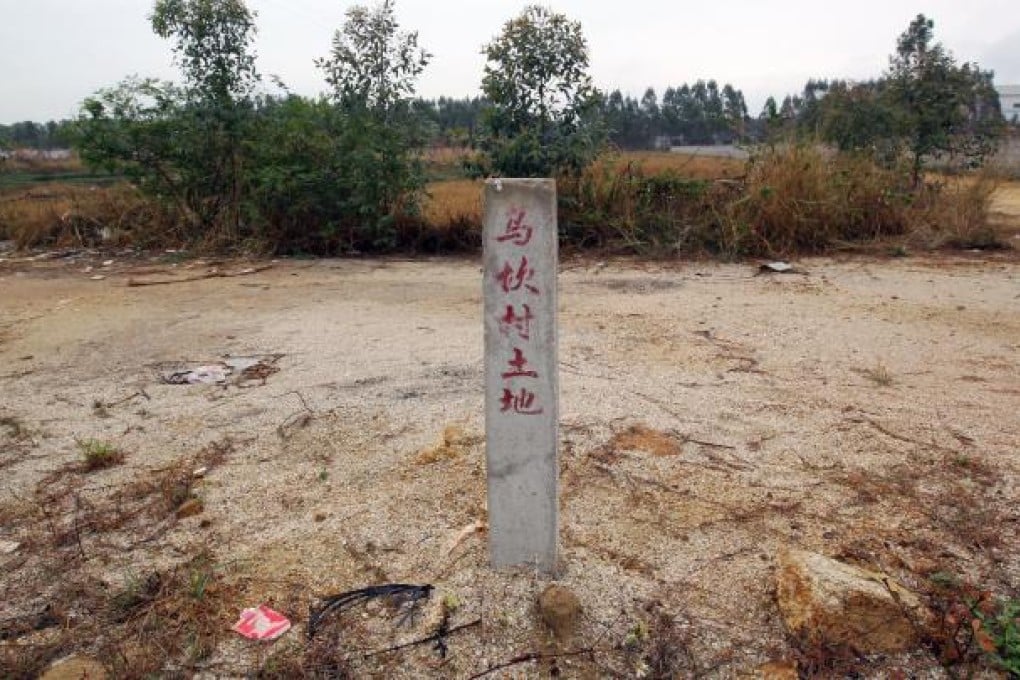Wukan villagers decry vice-minister's mixed message on free polls
Vice-minister denies village’s free elections have failed, saying such polls are prevalent, but residents say she is evading stolen land issue

A vice-minister of civil affairs yesterday refuted an argument that the "Wukan model" of democratic elections had failed in the fishing village over the past year. But she also tried to downplay the poll's significance by claiming that direct elections are prevalent in rural China.


"She failed to mention that Wukan's predicament was actually the result of unresolved land problems."
Anti-corruption protests began in September 2011 after local officials sold land to developers without adequately compensating villagers.
The protests escalated into a protracted stand-off with the government over the following months, resulting in the expulsion of village heads who had held power for decades. Police also besieged the town.
But today, local villagers say they have won back only 233 of 446 hectares of land that was stolen, and many fear that the rest is gone forever. They also accuse the governments of Lufeng county and Shanwei city, which oversee Wukan, of being reluctant to resolve the land disputes.